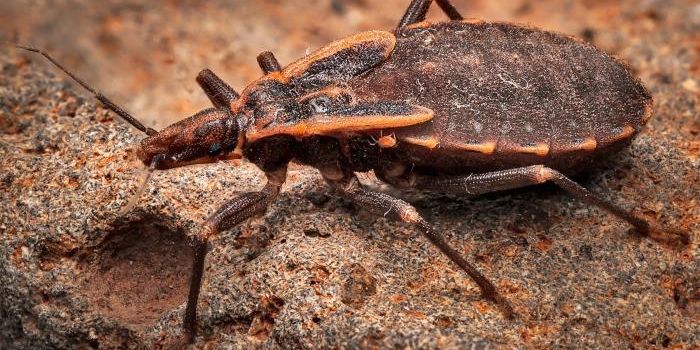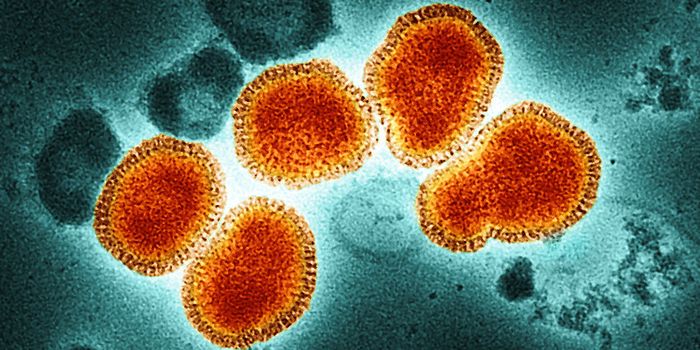Allergies? Try farm life.
Why the heck do we get allergies?
Researchers from the University of Geneva knew that kids who grew up on farms were less likely than their city-dwelling pals to develop asthma or allergies, such as hay fever. There’s also data that children who are in contact with farm animals early on are less likely to develop atopic sensitization when they are adults.
The researchers, led by Philippe Eigenmann hypothesized that “strong activation of the innate immune system with microbial products may boost organisms to an immune status less prone to develope allergies.”
What’s so special about the farm? It’s filled with farm animals! And, of course, farm animals have their own microbiome. The researchers wanted to study the “farmhouse effect” in more detail. To do this, they developed a mouse model.
They bred mouse colonies in both a farm cowshed or a traditional laboratory animal facility (AF mice). Then, they tested both sets of animals for skin contact allergies. They also measured cytokine production and characterized the gut microbiome of both populations.
The researchers tested contact hypersensitivity by applying the allergen FITC to the ears of the mice. Mice raised in the AF group developed three times more ear swelling than the farm mice. Next, they transferred some of the AF mice to the farm when they were still young. Doing so gave these AF mice the same protection as being born on the farm. Specifically, younger AF mice saw better protection than older AF mice after they were moved to the farm.
After the contact hypersensitivity tests, the researchers looked at the immune cell profiles of the AF and farm mice. The immune systems of farm mice appeared to be activated earlier in life; they had a larger population of activated CD4 T cells. These activated T cells also produced specific cytokines - more IL-17, IL-22, and IL-10.
The group next examined the gut microbes of the farm and AF mice. They reasoned that there may be a specific microbe that helps trigger immune tolerance in the farm mice. Interestingly, the young farm mice had a larger population of murine mastadenovirus B. There was also a significant difference in the proportion of Lactobacillus, Alistipes, Roseburia, Adlercreutzia, and Clostridium between the farm and AF mice.
According to the authors, “this model might be useful to explore specific environmental factors, mostly microorganisms, in order to decipher the immunological mechanisms and the protective factors involved in the farming protective effect.”
Go visit the farm!
Sources: Clinical and Experimental Allergy, Science Daily









